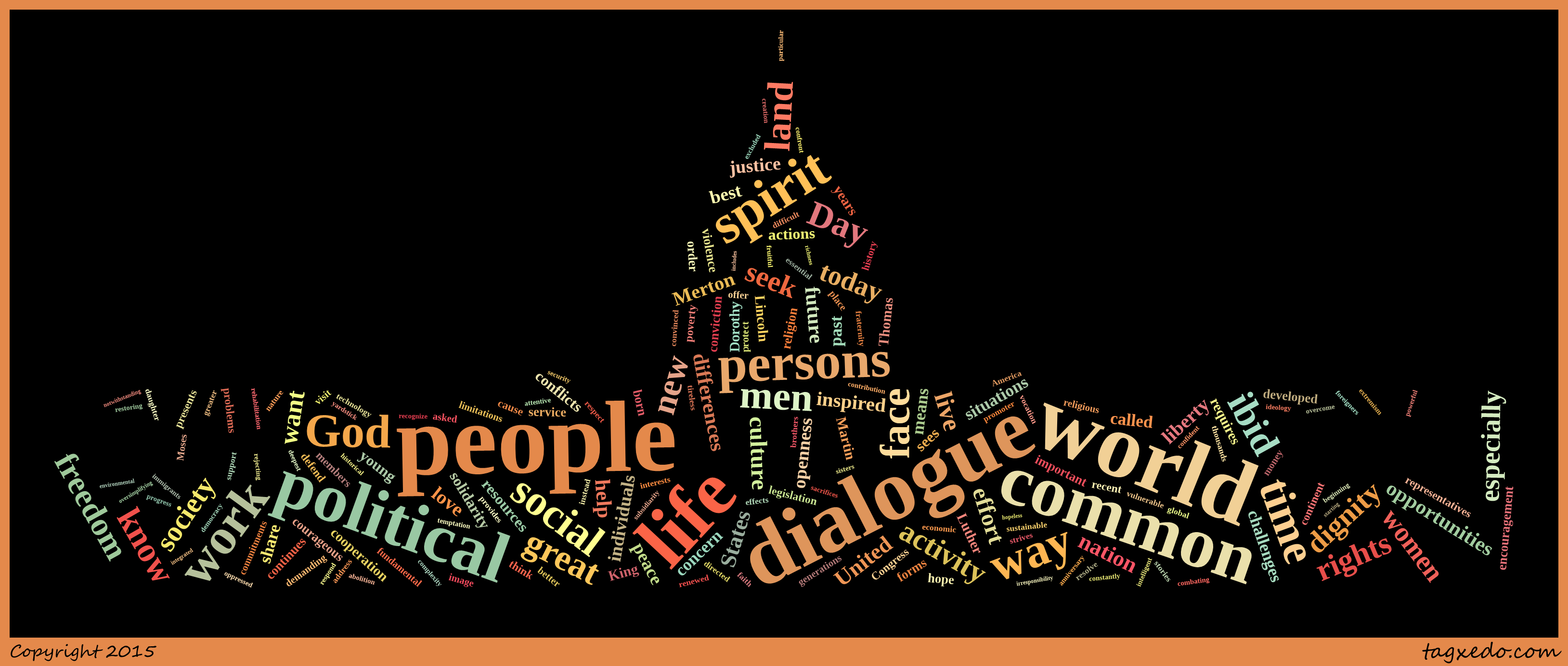Austin Morgan
amorga14@uwyo.edu
When ideology enters, reason evacuates and, in the power vacuum, fascists mobilize. The American public, transfixed with the spectacles created by political ideology and its anti-intellectual machinery—Donald Trump, climate change denial, the war on drugs and others— have become zombified lobotomites. With a hypnotic fervor, the public is lullabied into a state wherein critical thought and radical democratic engagement are crucified on the altar of the conservative ideology of non-reason. I claim that certain conservative ideologies remove reason from civic engagement. I also make future predictions concerning the absence of ideology and the dawn of an age of senseless violence—violence without a political purpose.
Political ideology has been used to dampen the reasoning skills of the American electorate. The master of utilizing dominant ideologies, from racism to xenophobia, is Donald Trump. Trump plays on the unconscious fears of the American public by mobilizing the rhetoric of xenophobia to construct Islamic peoples as terrorists. Despite the fact that his statements have been repeatedly debunked, Trump continues to assert that he is correct. This, I claim, is the mark of ideology: when one has empirical reasons for not acting in a certain way, but acting anyway. If one wonders, then, how Trump’s followers can possibly believe in the tenants of his campaign despite its obvious absurdity, you have your answer: they do not follow reason; they blindly follow ideology.
It is true, then, that ideology is non-rational; its hold over the individual is paralyzing. The weakness of ideology is that it always has a political goal in mind. This, at the very least, must be true, since all ideology is political (in that it involves power). However, when ideology is not present, it is possible for one’s desires and actions to become non-rational and unpredictable.
For an example of non-ideology, take the Joker from popular Christopher Nolan film, “The Dark Knight.” The Joker is so dangerous precisely because he has no ideology; he is unpredictable—as he says, he “has no plans.” The mob was much easier for Batman to defeat (and indeed, for the Joker, too) because they could be hurt through their pocketbooks, or, in the case of one of their leaders, submitted to torture and made to give up information. The Joker is non-ideology par excellence; he operates absent any rational political goal. As Alfred said, “some men just want to watch the world burn.”
The implication is not that we shouldn’t fear violence exercised on behalf of a political goal; rather, we should recognize that this kind of violence is infinitely tamer than its opposite: violence for violence’s sake. Thus, we shouldn’t fear violence with a political purpose as much as we should fear violence that is completely senseless. In such a case, one would not only have death, but a violent force that wouldn’t simply stop when the state surrenders; indeed, by this point, there probably isn’t a state.
I do think, as a result, that an ideology can do terrible things, but at least those things are constrained by its political goals and the self-interest of those who subscribe to it. And so, my response to our fear of terrorist groups like ISIS: do we really see the pinnacle of our anxiety in such a group? I think not. Worse is on the way, and no doubt that American foreign policy will be quick to bring it.
Hence, we arrive at the defining characteristic of a long-standing, unyielding ideology: one can recognize the rational objections to an ideology, but, in the end, the ways in which people act and think are nonetheless determined by it. The most powerful ideologies—capitalism, classism, ableism, racism, sexism, etc.—follow this formulation: ideology is the reason why the individual, despite knowing that there are rational reasons why they should not think or act in a certain trajectory, do so anyway. Thus the paradox of the carnival of ideology: its brutal magic is cast only in its disappearing act: when the hex of ideological non-reason is lifted, a steadfast belief in ideology is replaced with nihilism, a belief in nothing.



